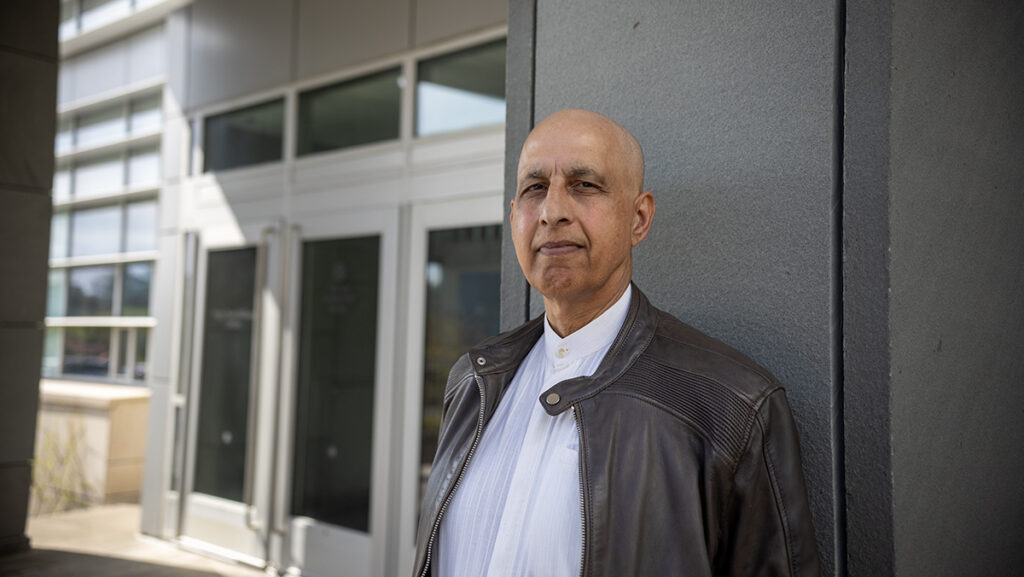Editor’s Note: This is a guest commentary. The opinions do not necessarily reflect the views of the editorial board.
Few set out to harm others for harm’s sake; damage is frequently done in the name of goodness. Social science tries to understand the disconnection between intentions and results, as Scottish Enlightenment figures like Adam Smith showed. Social theorists explore why good intentions often lead to bad results.
The COVID-19 pandemic alone did not cause the stark transformation of life at Ithaca College. Rather, the pandemic was the causal trigger that put into play predetermined plans. The administration reduced 116 full-time equivalent faculty positions. It threatened litigation against the part-time faculty union.
The execution of those plans resulted in a community divided into at least three groups: those eager to support the current administration in transforming the college, those seething in silent opposition to the current administration’s means and ends, and the few openly opposed to the administration’s methods.
The deepest problem at the college, as I see it, is that these three groups refuse each other. Indeed, most of us fear discovering the group to which our colleagues belong. Anger, distrust and deep frustration mark our days. The collective sensibility that was the hallmark of our institution has been destroyed. The administration may ask the faculty to move forward, but this is infeasible so long as responsibility for the recent past is not taken. No amount of administrative serenading will overcome the cleavages.
Understanding these central facts has led some to retire early, others to escape to other institutions and some to disavow their loyalty to Ithaca College. Colleagues no longer post their activities on Intercom because they worry their achievements might be usurped by the administration. Colleagues hesitate to participate in college-wide events to avoid sharing space with administrators. I have not previously experienced the chasms of resentment so deeply and openly expressed in my 27 years at the college under five presidents and four administrations.
The purpose of my commentary is to highlight the depth of our division but also to provide a suggestion that may, in fact, move us forward. I propose the creation of a “truth and reconciliation tribunal.” The first step would be to constitute a committee to research how such tribunals are formed. The second is to make sure that all constituents of the larger college community are represented: students, staff, faculty, administration, the Board of Trustees and the alumni. The third is to assure the inclusion of an outside facilitator.
Mistakes have been made. People have been hurt. Lives have been shattered. We could pretend that our fractured and bleeding campus is the new normal. Or we could move toward the future by addressing our wounds. In this way we show ourselves and the world what justice can mean; not a legal procedure but a reckoning.
Naeem Inayatullah (he/him) is a professor in the Department of Politics. Contact him at [email protected].














